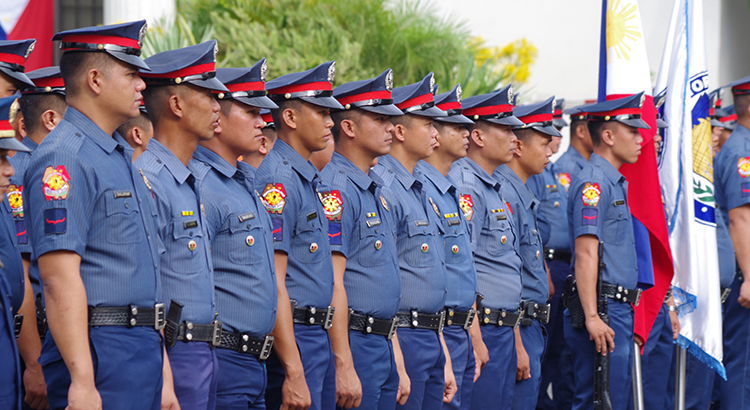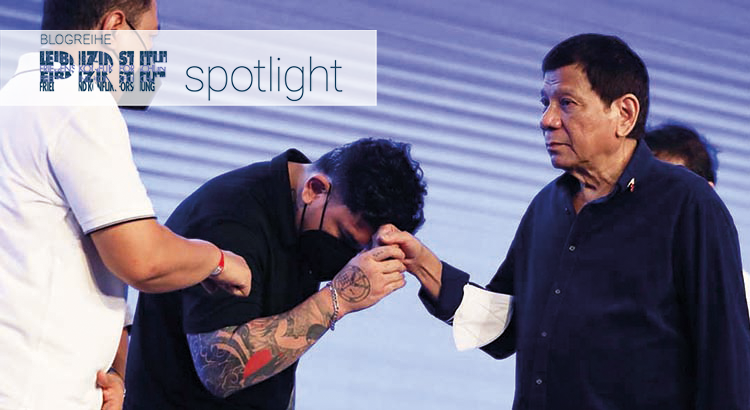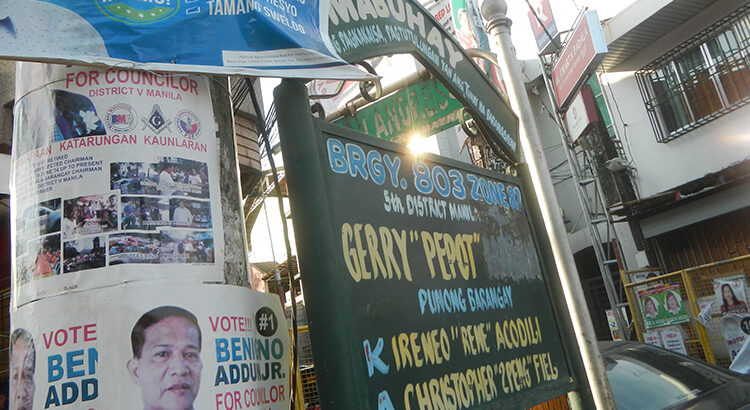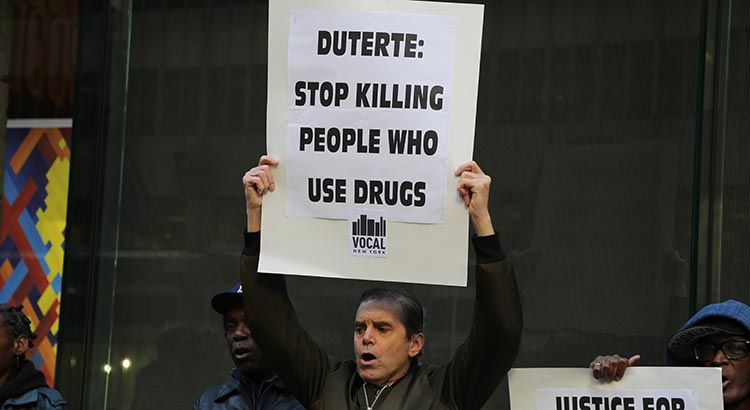On March 22, 2024, Davao City mayor Sebastian Duterte declared that “Davao City is at war against drugs.” In the following days, seven suspects were killed in police anti-drug operations. However, shortly thereafter the mayor’s call to arms was met with resistance from the police. Several police officers were relieved of their duties and the PNP-chief declared that “there is no need for a drug war.” Is the Philippine National Police finally taking on its dismal record on the use of deadly force?
Schlagwort: Philippinen
Localization of Fatal Police Violence: Evidence from the Philippines
When discussing the use of deadly force in crime control, various factors are commonly considered, ranging from crime levels to organizational culture. Often overlooked is the influence of politics, especially local politics, on police use of deadly force, even though this may provide an important explanation for spatial and temporal variation within states. Using the Philippines as a case study, I contend that local political executives can strongly impact local police use of force levels.
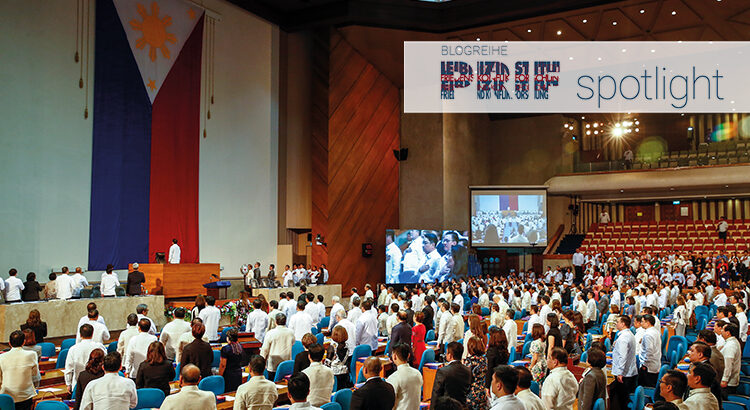
Failing in Control. Legislative weakness in the face of a strongman president in the Philippines
When Rodrigo Duterte assumed the presidency of the Philippines in 2016, he pushed a campaign against illegal drugs that resulted in thousands of suspects being killed by law enforcers. Parliament appeared entirely ineffective in opposing the extensive human rights abuses during the Presidents anti-drug campaign. This Spotlight examines the wider working logic of Philippine democracy that makes Philippine parliament into a subservient accomplice of any determined administration of the day, even if this means going along with severe human rights violations.
Violence in Political Competition in the Philippines: The 2023 Barangay Elections in Perspective
In the Philippines a large number of politicians and candidates are killed before, after and between elections. Against the backdrop of the constants and changes of this violence, I outline why a way out is not in sight and why several dozen dead incumbents and candidates can again be expected in the coming late October elections for Barangay (village municipal ward) leadership position.
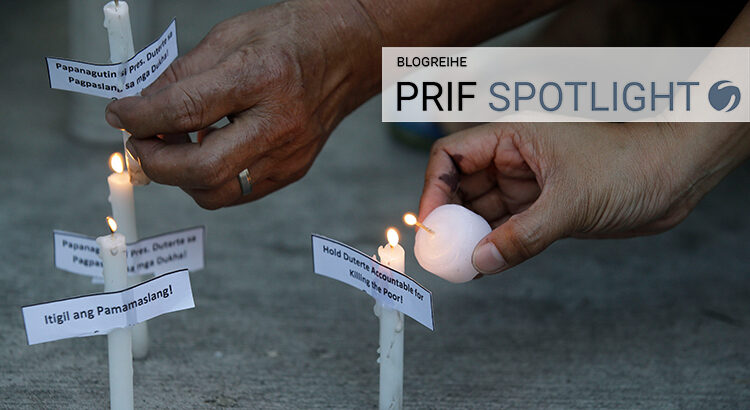
Impunity and Police Vigilantism – Is the highly excessive use of deadly force by the police in the Philippines now over?
Since June 30, Rodrigo Duterte’s presidency has been a thing of the past. This Spotlight asks why police forces in the Philippines were so willing to carry out the killing of drug personalities at Duterte’s behest in 2016 and what that may mean for the future. I argue that the inability to successfully bring suspects to justice and the resulting damage to the police’s self-image as a potent guardian of peace and order foster vigilante activities by police where a political and social environment exists that legitimizes such a strategy of violent crime control.
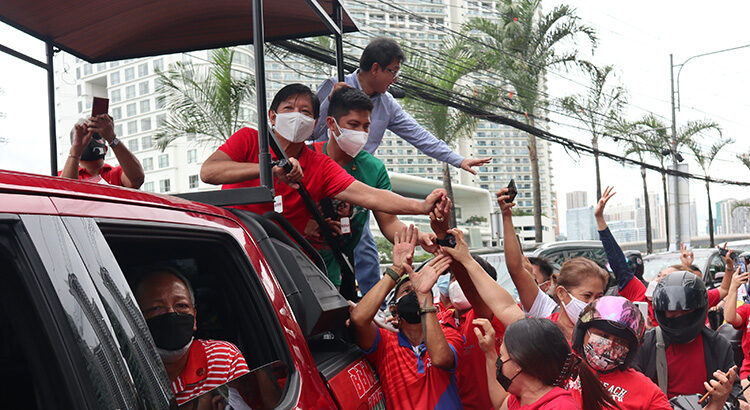
Elections in the Philippines: A Vote for Continuity?
In a few days, on May 9, 2022, the Philippines will elect the successor of outgoing President Duterte. The most likely candidate to become the new president of the Philippines is Ferdinand “Bongbong” Marcos Jr, the son of former dictator Ferdinand Marcos. The vice-presidency will most probably go the daughter of the current president, Sara Duterte-Carpio, whose father is responsible for the brutal drug war of recent years. How did this happen, and what does it say about the state of democracy in the Philippines?
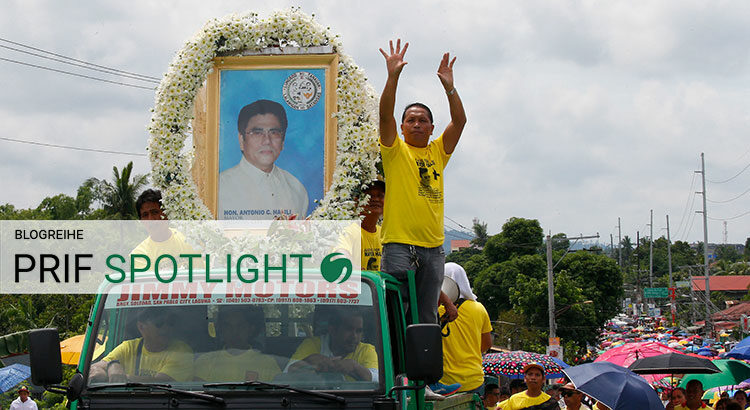
Eine gewaltträchtige Ordnung. Gezielte Tötung als Mittel des „demokratischen“ Wettstreits in den Philippinen
Seit Langem ist in den Philippinen die gezielte Tötung politischer Gegner:innen ein fester Bestandteil des „demokratischen“ Wettstreits, dem pro Jahr zwischen 50 und 100 Politiker:innen und Kandidat:innen zum Opfer fallen. Trotz der Persistenz dieses Phänomens wird es jenseits der alltäglichen Berichterstattung in den philippinischen Medien weitestgehend ignoriert und stillschweigend als Teil der sozio-politischen Ordnung akzeptiert. Das Spotlight stellt diese national wie international kaum beachtete Form der Gewalt vor und verankert sie im Kontext eines umfassenderen Gewaltsyndroms.
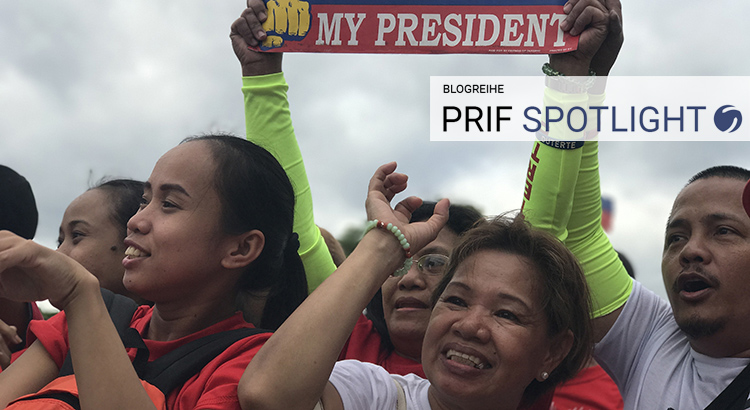
Der autoritäre Patron, der liefert? – Weiterhin breite Unterstützung für Präsident Duterte in den Philippinen
Im Mai 2016 wurde mit Rodrigo Duterte ein Politiker zum Präsidenten der Philippinen gewählt, der versprochen hatte, Drogenkriminalität in wenigen Monaten auszurotten, vor allem durch das Töten von Dealern und Süchtigen. Deren Leichen würden „die Fische in der Bucht von Manila fett machen.“ Seit er diese Ankündigung umsetzt, sind seine Zustimmungswerte auf 80% gestiegen. Die liberale Mittelschicht unterstützt ihn, obgleich er Menschenrechte und liberale Freiheiten ignoriert, und die Armen unterstützen ihn, obgleich die mörderische Anti-Drogen-Kampagne fast ausschließlich Arme ins Visier nimmt. Warum ist das so?
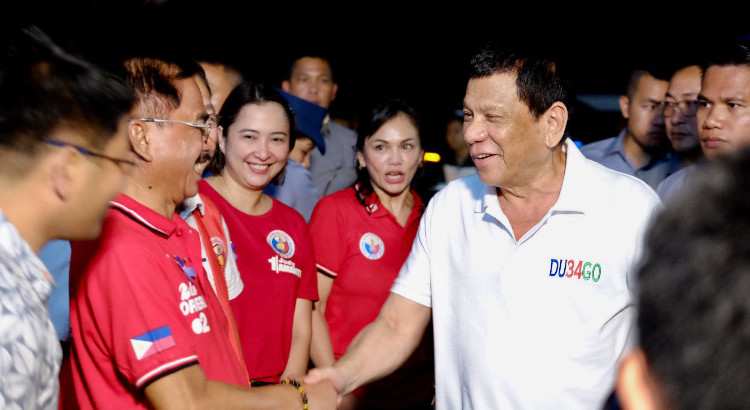
Duterte, Estrada, Thaksin and the Battle Cry of Populism
The current and former leaders of the Philippines and Thailand, Rodrigo Duterte, Joseph Estrada, and Thaksin Shinawatra and their policies have in varying degrees been described and explained through the distinct lens of populism. I argue that in these East Asian cases, this category does neither fit the leaders nor their policies. To members of the domestic establishment elites and upper middle class intellectuals it rather serves as a political weapon to fend off political alternatives that threaten to sideline them.
Duterte’s war against drugs in the Philippines: Continuity and change
Since the election of Rodrigo Duterte to President of the Philippines, the Philippine National Police has waged an unrelenting war against drug crime that cost the lives of thousands of suspects. A spatial and temporal analysis of the past 30 months suggests that violence is slowly receding. While the situation is still highly problematic, a number of positive developments suggest that in an increasing number of provinces police violence is slowly returning to its pre-Duterte levels. While the master-key for ending the killings lies with the central government, provincial governments can do their share to mitigate the deadly repercussions of the Duterte government’s drug war.
